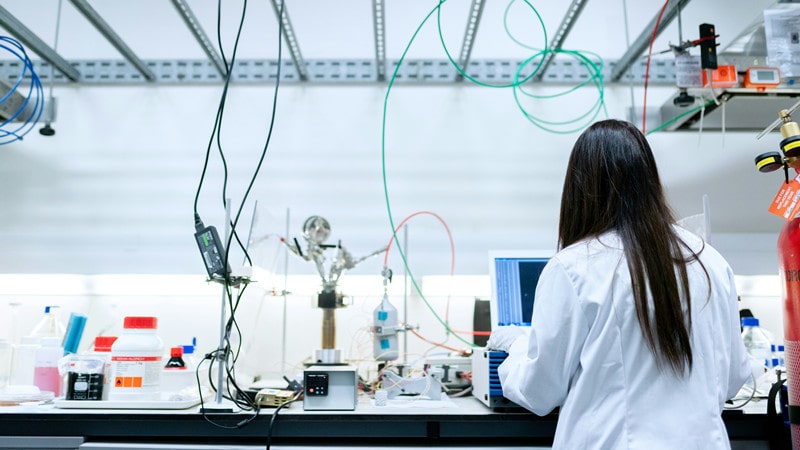
Culturally relevant science education represents an approach that integrates students’ cultural contexts into the science curriculum, making learning more meaningful and engaging. This educational framework acknowledges the diversity of student backgrounds and leverages this understanding to enhance the teaching and learning process.
Educators can foster a more inclusive and effective learning environment by connecting scientific concepts to students’ real-life experiences and cultural knowledge. Let’s delve into the core aspects of culturally relevant science education and its significant impact on student learning.
Understanding Culturally Relevant Science Education
Culturally relevant science education goes beyond traditional teaching methods by incorporating students’ cultural experiences into the curriculum. This approach aims to bridge the gap between student’s home and school lives, making science more accessible and relatable. It involves using culturally relevant examples, case studies, and problems to illustrate scientific concepts, thus validating students’ cultural identities within the scientific discourse.
For example, teachers can tailor environmental science lessons to cover local environmental issues impacting students’ communities. This approach encourages students to apply scientific principles to real-world situations they already know.
Acknowledging the role of assignment assistance in supporting students’ academic success is essential. With professional assignment help UK, students can navigate the challenge of aligning their cultural insights with academic expectations, ensuring their work fully represents the depth of their learning. It reinforces the principles of culturally relevant education and empowers students to showcase their unique perspectives and solutions to real-world problems.
Enhancing Student Engagement and Motivation
One of the primary impacts of culturally relevant science education is the significant increase in student engagement and motivation. When students see their cultures and experiences reflected in their learning, they are likelier to feel a sense of belonging and interest in the subject matter.
This connection boosts their confidence and motivates them to participate in the learning process actively. Engaging students through culturally relevant content helps demystify science, transforming it from an abstract discipline into a tangible and impactful field of study.
Promoting Equity in Science Education
Culturally relevant science education is crucial in promoting equity within the classroom. Educators can challenge and dismantle the one-size-fits-all approach to teaching science by acknowledging and valuing students’ diverse cultural backgrounds.
This inclusive strategy ensures that all students have equal opportunities to succeed, regardless of their cultural or socioeconomic backgrounds. It addresses systemic biases and educational barriers, paving the way for a more equitable and just learning environment where every student can realize their potential.
Fostering Critical Thinking and Problem-Solving Skills
This educational approach encourages students to employ critical thinking and problem-solving skills by engaging them with scientific challenges relevant to their lives and communities.
Culturally appropriate science education empowers students to question, investigate, and draw connections between scientific knowledge and societal issues. This active learning process enhances their scientific literacy and equips them with the tools to become informed citizens capable of making decisions that impact their communities and the wider world.
Impact on Academic Achievement and Future Success
Implementing culturally relevant science education has positively affected students’ academic achievement and aspirations for future success. By making science education more accessible and engaging, students are more likely to perform well academically and develop a sustained interest in science and technology fields. This approach can inspire a new generation of diverse scientists, engineers, and innovators who bring many perspectives and solutions to our world’s challenges.
Concluding Thoughts
Culturally relevant science education represents a transformative approach that enriches learning by connecting scientific concepts to students’ cultural experiences and real-world issues. Its impact extends beyond the classroom, enhancing student engagement, promoting equity, and fostering critical thinking.
By embracing this approach, educators can prepare students to excel academically and contribute meaningfully to society as culturally competent and scientifically literate individuals. Culturally relevant science education is not just about teaching science; it’s about shaping the future of education in a way that respects and leverages the richness of student diversity.








